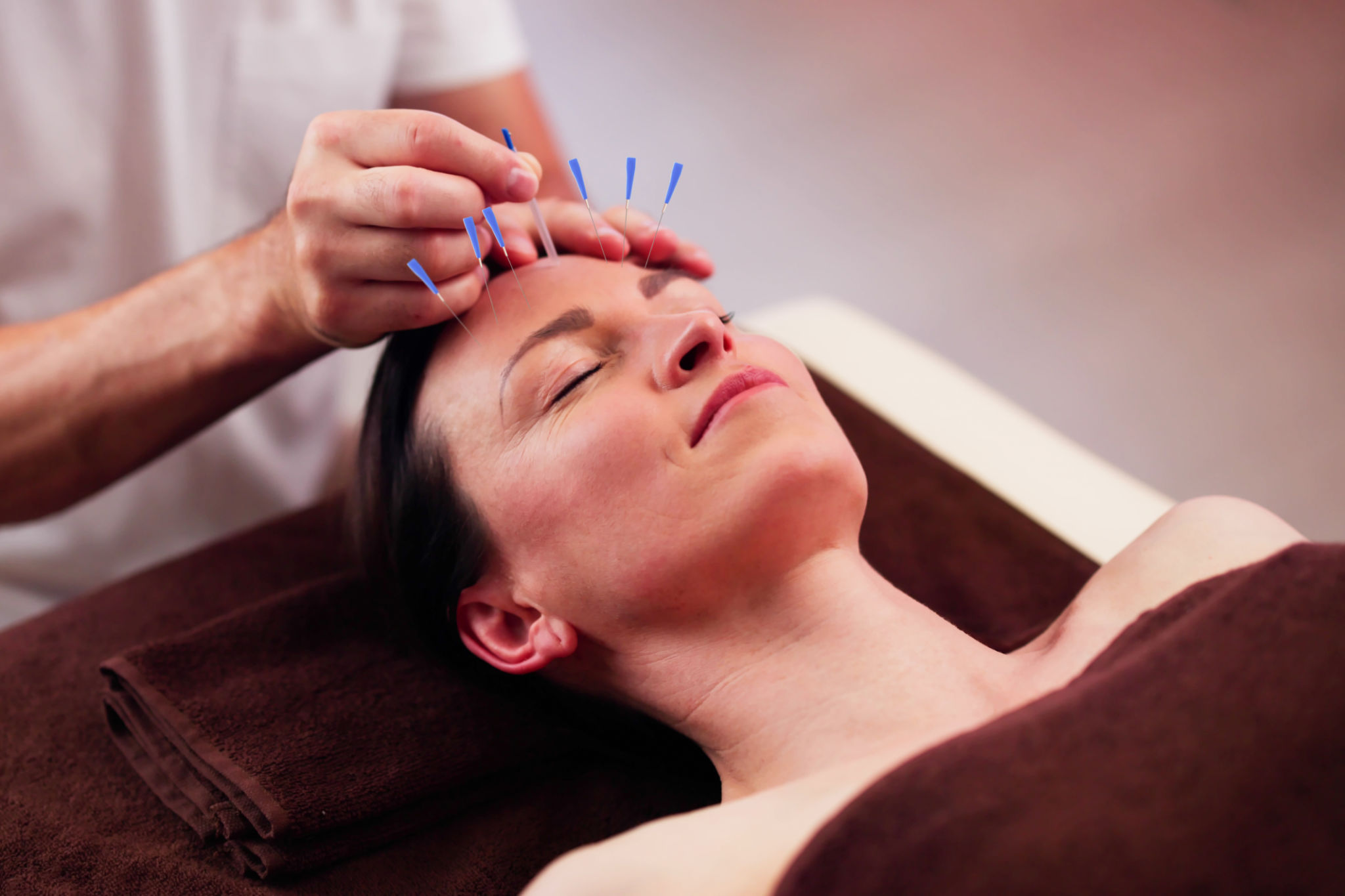Reiki vs. Other Holistic Therapies: What’s Right for You?
Understanding Reiki
Reiki is a form of energy healing that has its roots in Japan. It is based on the concept that there is a universal life force energy that flows through all living things. Reiki practitioners use a hands-on technique, often without directly touching the body, to channel this energy and promote healing. The practice aims to reduce stress, enhance relaxation, and foster overall well-being.

One of the primary benefits of Reiki is its simplicity and accessibility. There is no need for complicated equipment or procedures, making it easy for practitioners to offer sessions in a variety of settings. Additionally, Reiki can be tailored to individual needs, addressing specific physical, emotional, or spiritual concerns.
Exploring Other Holistic Therapies
While Reiki is a popular choice, there are many other holistic therapies available, each with its unique approach to healing. Some well-known alternatives include acupuncture, aromatherapy, and yoga. These therapies focus on different aspects of health and can be used in conjunction with Reiki for a more comprehensive approach.

Acupuncture involves inserting thin needles into specific points on the body to stimulate energy flow. It is rooted in traditional Chinese medicine and is often used to relieve pain and treat various physical conditions. Aromatherapy, on the other hand, uses essential oils extracted from plants to promote physical and emotional well-being through inhalation or topical application.
Comparing Benefits
When deciding between Reiki and other holistic therapies, it's essential to consider what you hope to achieve. Reiki is particularly effective for stress reduction and emotional healing, making it a suitable choice for those seeking mental tranquility. Acupuncture may be more appropriate for individuals dealing with chronic pain or specific physical ailments.

Yoga, another popular holistic practice, combines physical postures, breathing exercises, and meditation to improve flexibility, strength, and mental clarity. It is ideal for those looking to enhance their physical fitness while also cultivating mindfulness.
Factors to Consider
When evaluating which holistic therapy might be right for you, consider the following factors:
- Personal Preferences: Do you prefer hands-on techniques like Reiki, or are you more comfortable with practices like yoga or aromatherapy?
- Goals: Identify whether your primary focus is on physical, emotional, or spiritual healing.
- Accessibility: Consider what services are available in your area and what fits within your schedule and budget.
Integrating Therapies
Many individuals find that a combination of therapies offers the best results. For instance, pairing Reiki with yoga can provide a balanced approach that addresses both mind and body. Similarly, combining aromatherapy with meditation can enhance relaxation and deepen the meditative experience.
Ultimately, the choice between Reiki and other holistic therapies depends on your personal needs and preferences. By exploring different options and possibly integrating multiple practices, you can develop a tailored approach to holistic well-being that resonates with you.
